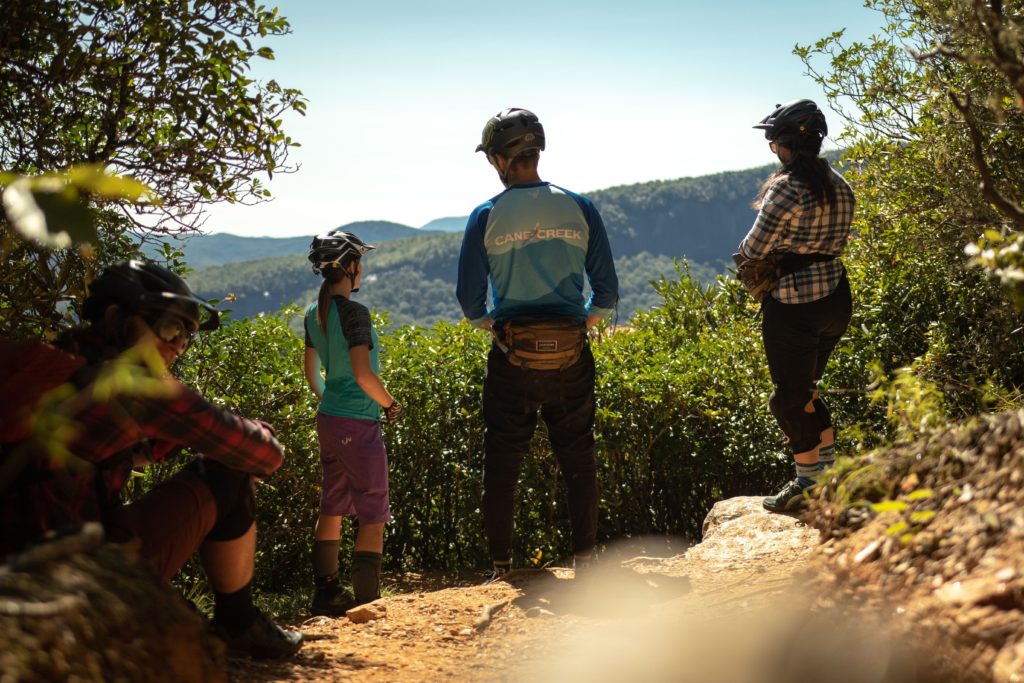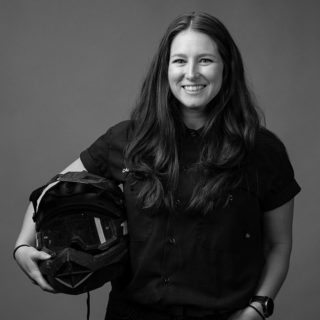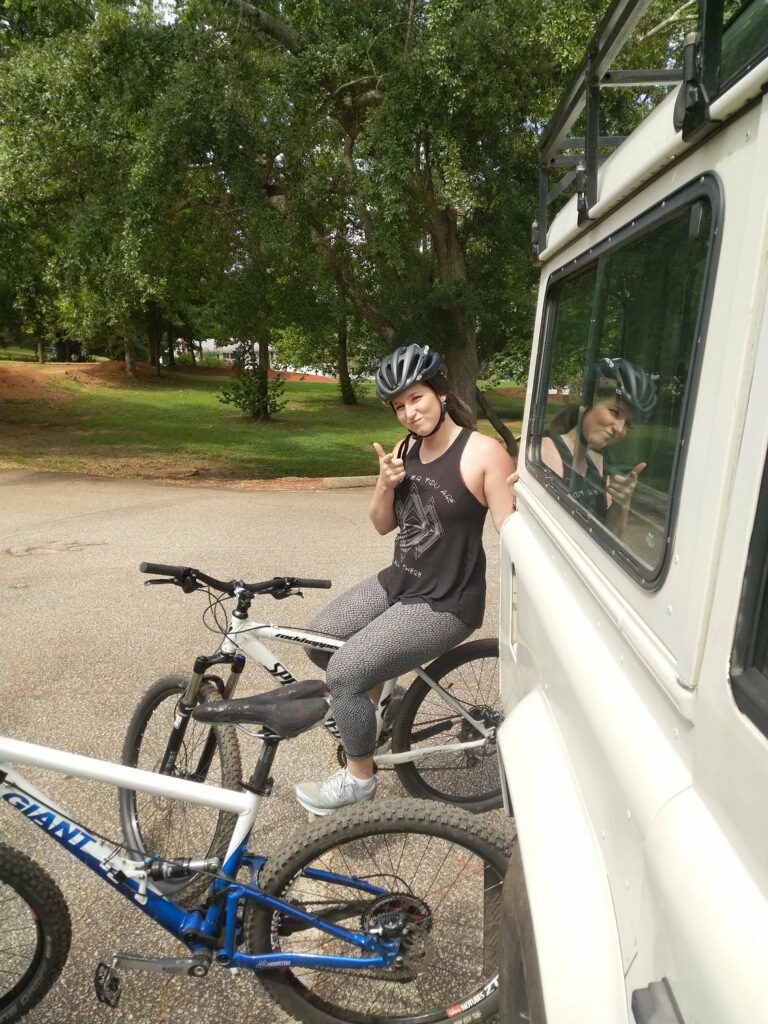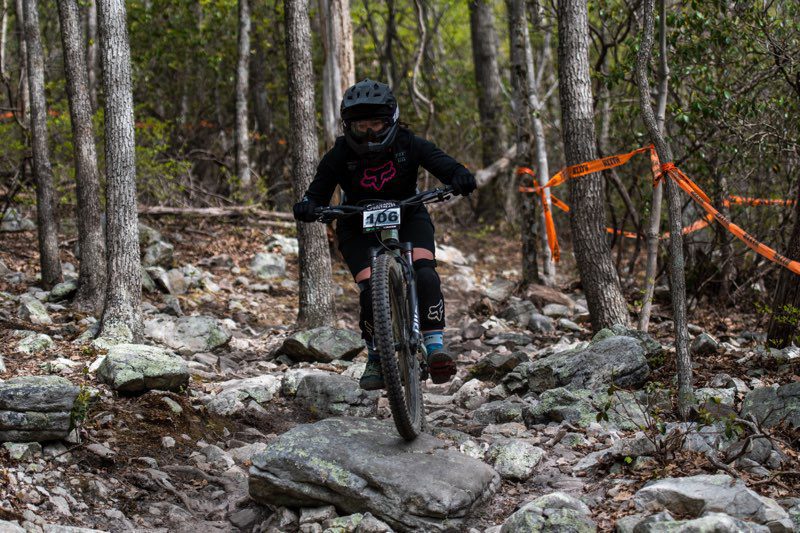Previous slide
Next slide


Though it feels like a chapter I closed a long time ago, I left my last job just under a year ago. I worked with survivors of sexual assault and child sexual abuse at the Julie Valentine Center, a nonprofit in Greenville, SC. I got up at 3 and 4 am to hold hands during sexual assault forensic exams, would answer calls and provide guided meditations, I was a victim advocate and I would be lying to you if I told you I didn’t love that job. I absolutely loved the work, my colleagues and fighting for justice. I could go on and on but I won’t (for your sake).
Vicarious traumatization happens to even the most vigilant of practitioners in the helping field. According to the Office of Victims of Crime “vicarious traumatization is a negative reaction to trauma exposure and includes a range of psychosocial symptoms that providers and responders may experience through their intervention with those who are experiencing or have experienced trauma. It can include disruptions in thinking and changes in beliefs about one’s sense of self, one’s safety in the world, and the goodness and trustworthiness of others; as well as shifts in spiritual beliefs. Individuals may also exhibit symptoms that can have detrimental effects, both professionally and personally.”
I used to sit behind a desk while interviewing future volunteers and interns and say “It’s not an if it (vicarious trauma) happens it’s a when it happens and how you manage it, there will be a case that hits close to home, a lot of cases over time, a lot of cases over a short period of time… etc.” I would sit behind that desk and elaborate on the importance of self-care and healthy habits and after 7 years with an organization I loved, I left.
Working with survivors of sexual assault and child sexual abuse was as challenging as it was rewarding. For whatever reason, 2018 and 2019 proved to be incredibly busy years with my rape crisis team. We saw a huge surge in trips to the emergency department to provide support for sexual assault forensic exams, higher demands for our healing services, and a significant increase in hotline calls. We had large demands and a lack of supply of manpower to meet those demands. My husband couldn’t tell you the number of times I came home angry and filled with rage from my clients’ stories of pain, lack of justice, and trauma. So many of those clients cross my mind daily, I carry their stories onto the trail. Ah, I’m sure you (the reader) may be wondering when I might mention the trails and how this all fits in.

One of my first mountain bike rides (Above)
See, I’ve always had a love for the outdoors, enjoyed solo hikes and time in nature. At the height of my exhaustion with trauma work, mountain biking was introduced to me. When I tell you I was terrified, I was HORRIBLY terrified. Nonetheless, I tried and was so slow and so frustrated with the sport at first. My first ride was at Pleasant Ridge County Park, a relatively easy flowy cross-country trail just north of Greenville, SC. I remember my husband coaching me through the basics and just as I was building confidence my front tire hit a rather large root that sent me over the handlebars and onto my knees, drawing blood. He thought I would turn right around and hike my bike back to the parking lot but I didn’t. I finished that ride and many more since.
Learning a new hobby, particularly one that requires coordination, fear conquering, and stamina as an adult is an added challenge. I was determined to pick it up though, I spent more time on my bike and more time in the woods. Slowly, I began to fall in love and reap the benefits of time spent outside riding my bike in the woods. We increased the number of days we spent riding in Pisgah, at Paris Mountain and DuPont and I began gaining confidence in the sport. I went from trembling on beginner-level trails to prioritizing riding my bike over anything else.
One Sunday evening after finishing a ride with some friends, I remember turning to my husband and saying I wish I could do this for a living. He said, you may not be able to do this for a living but you do have an MBA and you could work at an outdoor company that produces cycling components. That did it for me, I would endlessly stalk Cane Creek’s employment page for a job that fit my experience. After stalking said page for a couple of years, Cane Creek posted a position that was nearly identical to the position I was performing at my nonprofit organization, sans trauma and victim advocacy of course. I knew it was a stretch for Cane Creek to consider me for the position given my inexperience as a rider and inexperience in a corporate environment, what I lacked in bicycle knowledge I knew in coordinating projects and teams, marketing and outreach.
Today, I am healthier mentally and now have some distance between myself and that vicarious trauma. While I still fervently support the work of the Julie Valentine Center, the clients they serve, and my former colleagues I am thankful for what I do today. I am still learning so much about the cycling industry and how to better ride my bike but I am thankful for my new and patient colleagues who invite me on rides and have quickly accepted me as one of their own. I remember in my interview our CEO, Brent Graves sharing Cane Creek’s “why.” – Riding bikes makes life better, so we work to make bikes better. Now that is a statement, I know to be true.

My first downhill race (Above)
Monday: 10:00 am – 5:00 pm
Tuesday – Thursday: 10:00 am – 5:00 pm
Friday: 10:00 am – 5:00 pm
Saturday – Sunday: Closed